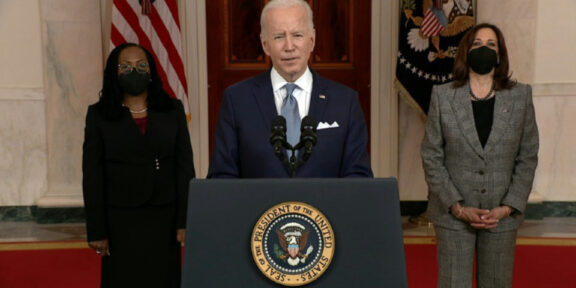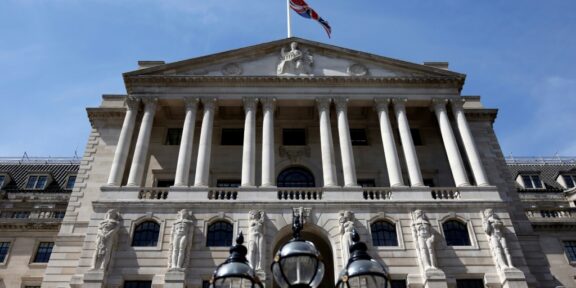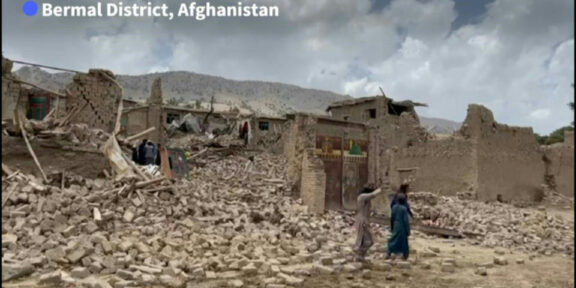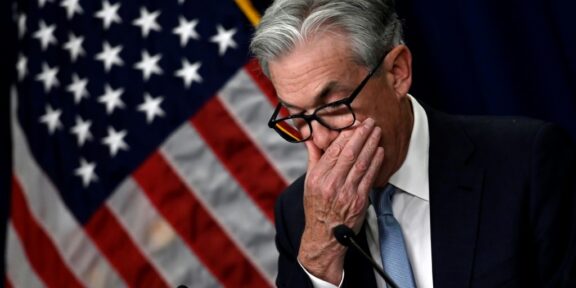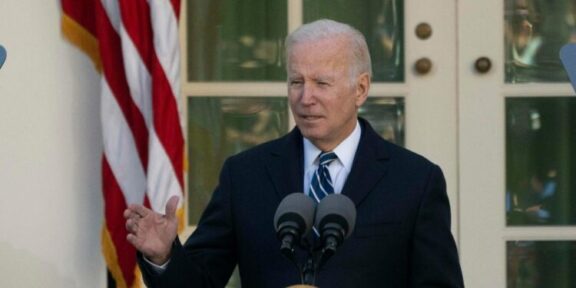G20 finance ministers struggled Saturday to agree on a joint statement on the global economy at talks in India, with China seeking to water down any reference to the Ukraine war, officials said.
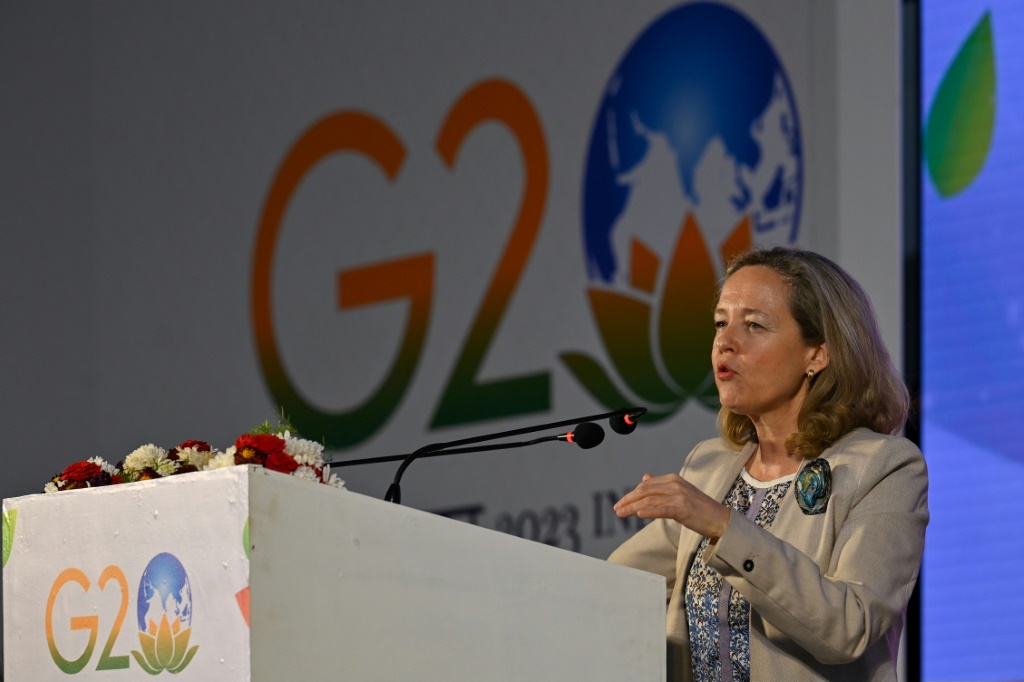
Spain’s representative Nadia Calvino said that because of “less constructive” approaches by some unspecified countries at talks among the world’s top 20 economies in Bengaluru, agreeing on a statement was proving “difficult”.
China wanted to water down the language of a G20 leaders’ statement from November that had said that “most members strongly condemned the war” in Ukraine, officials told AFP.
One delegate said on condition of anonymity that China wanted to remove the word “war”.
Others said a joint statement was now unlikely, as has happened in several other such gatherings since Russia’s invasion of Ukraine a year ago.
Representatives were negotiating until 2:00 am Saturday, another delegate said.
China and current G20 president India have refused to condemn Russia, which is New Delhi’s biggest arms supplier and a major source of oil for India since the invasion.
But Western countries — including Germany and France — insisted that the language cannot be weaker than the communique issued by G20 leaders in Indonesia in November.
The two-day event — also involving G20 central bank chiefs at a luxury hotel — also focused on debt relief for poorer countries hit by rocketing inflation because of the war.
The International Monetary Fund said ahead of the meeting that around 15 percent of low-income countries were in debt distress and an additional 45 percent were at high risk.
Western officials including US Treasury Secretary Janet Yellen called on China to take “haircuts” on its loans to debt-stricken nations such as Zambia and Sri Lanka.
China wants multilateral lenders including the World Bank — which Beijing sees as Western-controlled — also to restructure their loans, but the United States and others oppose this.
Other topics in Bengaluru included efforts towards a global tax on tech giants and widening the remit of multilateral development banks such as the World Bank to help nations hit by climate change.


